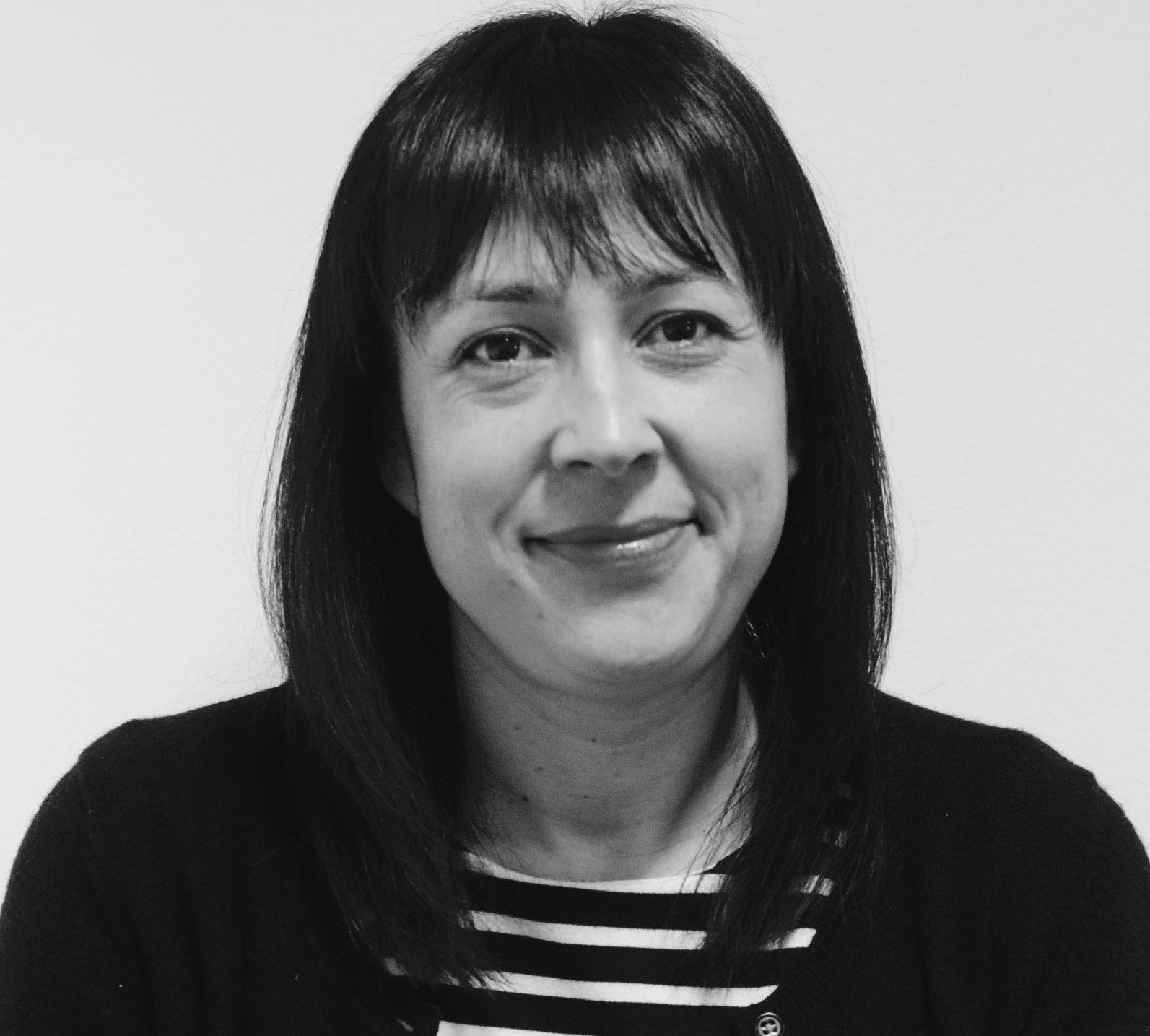The study collects biological samples of children born with a cleft and their parents, along with information on demographic, lifestyle and psychological data. Established by the Foundation in 2012, the study is following children longitudinally (over time) to gain an insight into what causes cleft, the best treatments and how a cleft might affect a child as they develop. With 3,200 families now participating, the study is one of the world’s largest biobanks and a great source of pride to us.
Despite the fact the team are currently unable to collect samples from cleft teams in hospitals around the country or process them at the University of Bristol labs, they have been spending the lockdown on essential activities such as connecting with the families participating in the study and working to enable external researchers to access the rich research data the team already hold. Data analysis on the study continues from home, as do a range of desk-based activities to ensure the study can get underway quickly again as soon as is feasible.
We spoke to Kerry Humphries, Project Manager of the study, about coordinating a multidisciplinary research study from home during the COVID-19 Pandemic.
By mid-March, it was becoming increasingly apparent that the pressures COVID-19 would place upon the NHS would greatly affect the study. “We rely on the NHS to carry out recruitment for us, and it quickly became evident that the virus was going to impact this. Plans were being put in place at the University for a potential lockdown and it was clear that we needed to do the same for the study”. Many workplaces had to move quickly to instigate new ways of working pre-lockdown and the team were no different. “The study team met and discussed what actions needed to be taken to pause study recruitment. Work was subsequently divided up between us, which involved notifying our recruitment teams, our participants, our research governance team and the Health Research Authority (HRA). We also had to liaise with our lab to make sure that all samples sent up until a certain date would be received and processed.” On the 18th of March, Kerry wrote to all study sites in UK hospitals to let them know that data collection and recruitment had been suspended.
Working from home presents its own challenges. We asked Kerry for her ‘top tips’ for coordinating a research study from home. “One of the most important things is to keep in touch with all stakeholders in the study but especially us as a research team. Weekly meetings held via video conferencing mean that we are all keeping up to date with everything we are working on. One member now has pigs living in their back garden, so we are always keen to hear how they are doing!” At the Foundation we’ve been spending a lot of time video conferencing too but unfortunately don’t have any livestock we can share updates on!
Kerry also emphasised the importance of keeping in touch with study participants. “We have been updating our participants via Facebook (Cleft Collective) and Twitter (@CleftCollective) . We have just completed our second animation on cleft genetics which we have shared on social media. This lets our participants know how we use their biological samples to further cleft research. We are also about to send out our latest newsletter which gives lots of study information including our visit to Buckingham Palace for the Scar Free Foundation 20th anniversary event”.
The study team has always had an exceptionally strong publication record, and their output has continued through the lockdown. This week they have published an important article in the International Journal of Epidemiology which suggests that children born with cleft are not genetically predisposed to do less well at school than those born without cleft. You can read more about the team’s findings here.
As mentioned earlier, it is unclear when data collection will be able to resume. “We will resume the data collection when it is safe to do so. We are hopeful that recruitment will recommence once cleft surgery is back up and running. However, we will ensure we follow the guidelines provided by the University of Bristol, the NHS and the cleft teams”.
Though the pandemic has had, and will continue to have, an impact on The Scar Free Foundation, our research and researchers, we continue working towards our goal of scar free healing in a generation. It is heartening that, even in these uncertain times, our research teams are working hard to ensure projects stay on track and are looking to the future beyond the current crisis.

